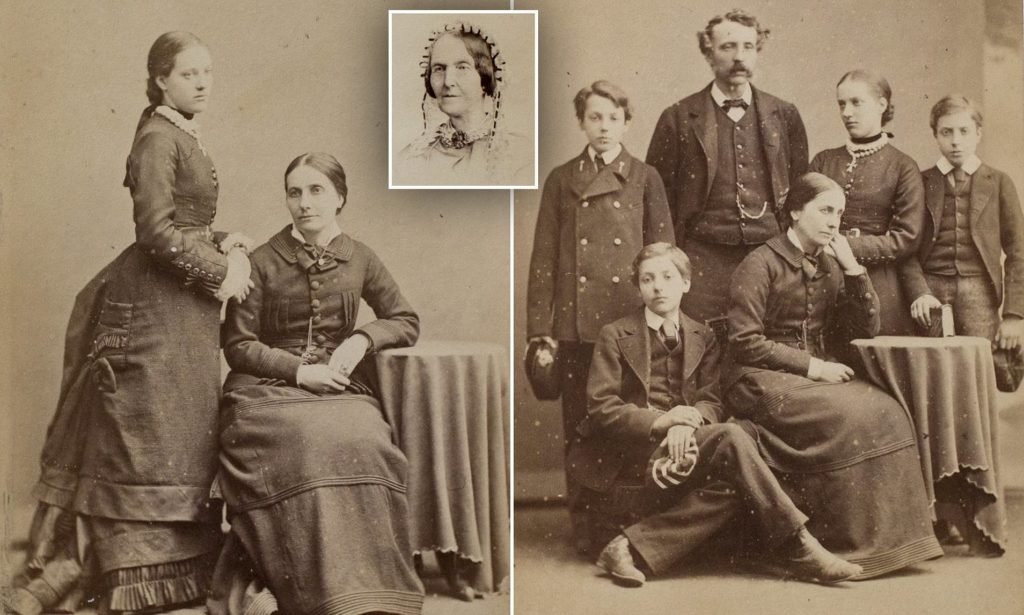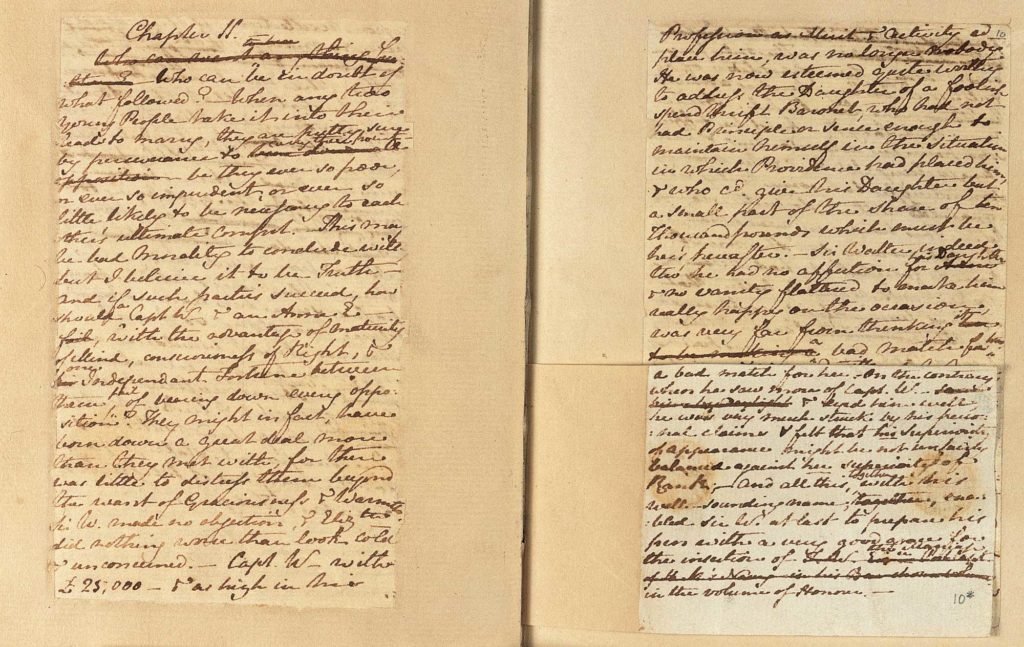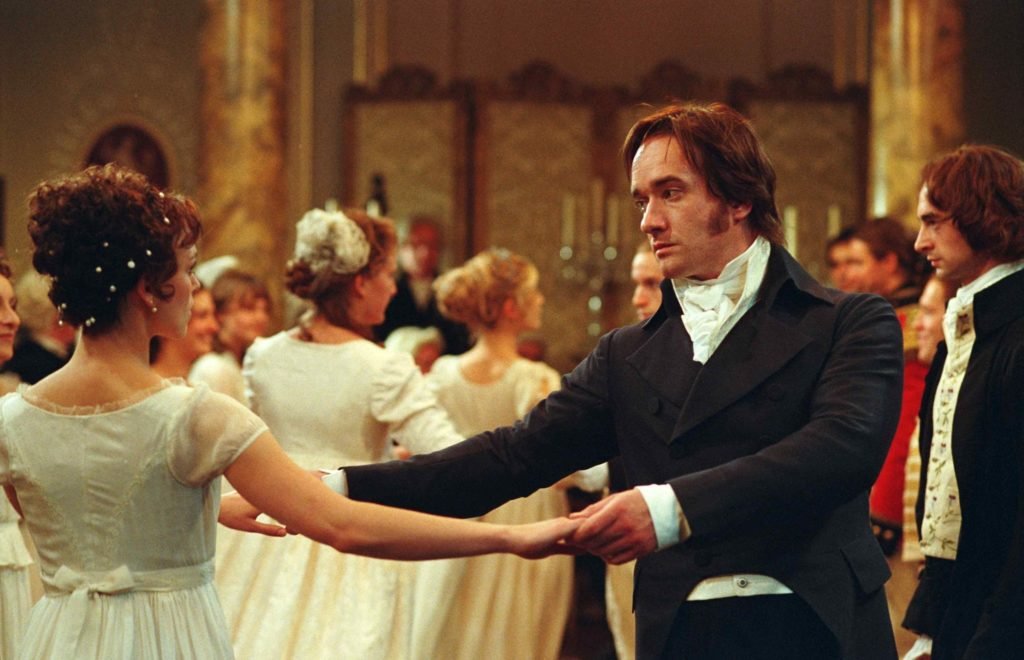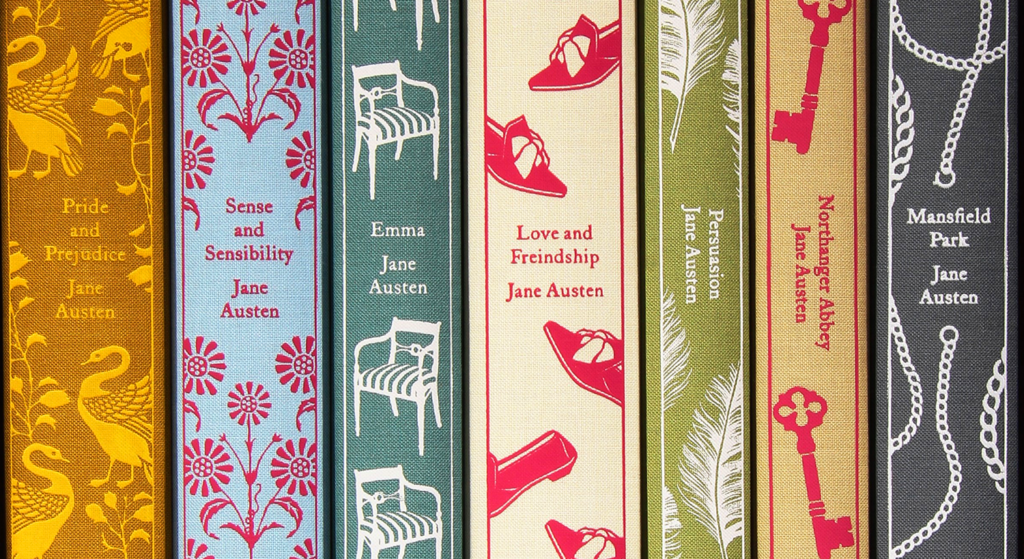Celebrities
Jane Austen | Success Story Of The Most Adored & Praised Female Writer
Published
3 years agoon

Jane Austen was an English novelist during the 18th century. Her success story is about fighting the pre-decided norms of society. She is loved mainly as a guide to fashionable life in the Regency period, but her vision of her task was radically different. She was an ambitious and stern moralist. Jane was acutely conscious of human failings. She wanted to give a message through her novels. Her vision was to make people less selfish and more reasonable, more dignified, and sensitive to the needs of others.
Early Life
In 1775, Jane Austen was born in a small village in Hampshire, where her father was the Anglican rector. Their parents sent her and her sister Cassandra to live with a private tutor relative. But both girls fell ill with typhus. Jane almost died this early brush with death may have affected Jane’s health for the rest of her life. It is thought that Cassandra destroyed most of the letters mentioning details of Jane’s health in 1785.
Jane and Cassandra ventured into another formal education at a boarding school briefly. Young ladies learned suitable subjects such as drawing needlework and French there. But by 1786, the girls returned home for lack of funds. Fortunately, Jane’s family had an extensive library, and Jane was an avid reader. She read widely from her family’s library; her father and older brothers encouraged her. Jane was never without paper for writing and an eager audience for her juvenilia written from 1787 to 1792. Her early work was an epistolary novel, told in letters called ‘Love and Friendship.’ Another of her earliest works is a witty retelling of the history of England, complete with watercolor illustrations.


Middle Years
Jane Austen was in her early 20s when she began work on three full-length novels. First impressions would later become known as Pride and Prejudice. ‘Elinor and Marianne’ was later renamed ‘Sense and Sensibility,’ and ‘Susan,’ later titled ‘Northanger Abbey.’ Jane’s father brought the early Pride and Prejudice manuscript to a publisher who refused to look at it. In 1800 Jane Austen’s life changed when her father retired as church rector.
The family moved to Bath, an elegant resort town where Austen observed in her novel persuasion. She did sell Northanger Abbey for the princely sum of ten pounds. Later, the publisher chose not to print the book. Upon the sudden death of her father in 1805, she became dependent on her brothers for a place to live.
Later years
Jane & her mother and sister Cassandra resided in Hampshire in a small village close to her childhood home. Later, Jane recounts the series of events with the phrase what happy feelings of escape freed from the oppressive influence of Bath Society. Jane once more began to write the most productive period of Austin’s life.
She revised Sense and Sensibility & found a publisher to take it on. The first edition wasn’t published under Jane’s name but by a lady in 1811. It sold out-earning a hundred 40 pounds. Jane took this as a good sign and revised Pride and Prejudice, published in 1813. Next came Mansfield Park in 1814, and then Emma in 1815. Jane finished her last complete novel, persuasion, in 1816. But her ill-health had descended once more upon Miss Austen. She died on July 18, 1817, at the age of 41. After her death, it was publicly known that Jane was the author of four well-known novels. And persuasion would be published after Jane’s death – a brief, shameful interlude. When her books fell out of print for 12 years, they were published continuously.


Her Works
Pride and Prejudice


In Pride and Prejudice, Mr. Darcy and Elizabeth Bennet start heartily disliking each other and gradually realize they’re in love. They make one of the great romantic couples. But why are they suitable for one another? Austen is evident: it’s for a reason we tend not to think of very much today. Each can educate and improve the other.
Darcy starts feeling superior because he has more money and higher status. Then, at a critical moment, Elizabeth condemns his arrogance and pride to his face. It sounds offensive, but later, he admits, “Your reproof, so well applied, I shall never forget.”You taught me a lesson, hard indeed at first, but most advantageous. “By you, I was properly humbled.”
They suit each other because, by her ease and liveliness, his mind might have been softened, his manners improved. From his judgment, information, and knowledge of the world, she must have received the benefit of greater importance. In other words, they balance each other out.
We tend to think of love as liking someone they are already – accepted. But Jane Austen is saying that the right person has got to be able to help us overcome our failings. And become more mature, honest, and kind, and we need to do something similar for them. Darcy and Elizabeth improve one another, and then the novelist lets them get engaged. The story rewards them because they have developed well. That’s why the novel feels so beautifully constructed, and it illustrates a fundamental truth: marriage depends on maturity and education.
Mansfield Park
Mansfield Park starts when quiet, shy Fanny Price lives with her much richer cousins, the Bertrams. In social terms, the Bertrams are stars, and Fanny is a minor character indeed. But Austen judges by a completely different standard. She exchanges the normal lens through which people are viewed in society. A lens that magnifies wealth and power, for a moral lens, magnifies character qualities.
Certainly, Fanny has no elegant dresses or money and can’t speak French, But by the end of Mansfield Park, she is revealed as the noble one. In contrast, the Bertrams, despite their titles and accomplishments, have fallen into moral confusion.
Sense and Sensibility
In Sense and Sensibility, it looks like Elinor Dashwood and Edward Ferrars – who are otherwise well suited – won’t be able to get married. She writes, “They were neither of them quite enough in love to think that 350 pounds a year would supply them with the comforts of life.” Elinor takes the view that wealth has much to do with happiness. Though, by wealth, she doesn’t mean great luxury, just enough to live carefully in moderate comfort. And Jane Austen agrees that marriage without a reasonable economic basis is just a folly. Austen is showing us an elusive but crucial attitude.
Emma


In Emma, the heroine – Emma herself – takes Harriett Smith – a pretty girl from the village – under her wing. She wants to make her an impressive match with an intelligent vicar. Swept away by Emma’s excessive praise, Harriet turns down an offer of marriage from a farmer because she thinks now that he’s not good enough. Though in fact, he is good-hearted and quietly prosperous. Then the vicar turns out to be horrified at Emma’s idea, and Harriet has her heartbroken. The underlying point is serious; Emma is unwittingly but cruelly snobbish. She’s devoted to the wrong kind of hierarchy. The farmer is better than the vicar, but social conventions and manners make it easy to ignore this.
Jane Austen is careful to give this fault to Emma, who is in many ways a charming character. In other words, Jane Austen doesn’t mock snobbery as the behavior of ghastly and obnoxious people. Instead, she regards the snob with pity, someone who needs instruction, guidance, and reform as we all are, in our way.


Lessons in her writing
Austen is quite frank about money. In Pride and Prejudice, she explains that Mr. Bingley has an income of 4000 pounds a year – that’s instead a lot – while Darcy has more than twice that. Rather than feeling it’s impolite to discuss money, Austen thinks it’s an eminently suitable topic for highbrow literature.
In Mansfield Park, Mr. Rushworth marries Julia Bertram, the wealthiest character in all of Austen’s novels, but they are miserable together, and their marriage rapidly falls apart. But equally, Austen is convinced that it’s a severe error to get married without enough money. Because how we handle our finances has a massive effect on our lives. She aims at two big mistakes people make around money. The first is to get overly impressed by it. Second, that money is significant, but in other ways, it is unimportant. We can’t just be for it or against it.
Also Read: Charles Dickens | Success story of the victorian era novelist
What was the name of Jane Austen's lover?
Tom Lefroy
What is the term for Jane Austen's fans?
Janeite
You may like


50Fin | Revolutionizing Financial Services with Instant Loans


Amit Gupta: The Visionary Entrepreneur Behind Yulu


Azhar Iqubal Co Founder of Inshorts Success Story


List of Brands Endorsed by Virat Kohli [Updated] 2015-2023


Facebook Page To $500M: : Meet Founder of Inshorts App Azhar Iqubal


Who is Radhika Gupta? New Shark at Shark Tank India 3


Himanshu Laul: Success Story of an Architect Turned Entrepreneur


Bernard Arnault Success Story | CEO of LVMH | Investor


Andy Jassy Success Story – CEO of Amazon | Facts | Life Lessons


OYO Success Story | Case Study | Business Model | Facts & More


Aman Gupta | Success story of the co-founder of boAt


J.K.Rowling | The Inspirational success story of British Author


MS Dhoni | Success Story of the Most Influential Cricketer


Falguni Nayar | Success story of the founder of Nykaa


Ghazal Alagh | Success story of the co-founder of Mamaearth


Who is Ranjan Raj: From IIT-B to TVF’s Kota Factory


Success Story of Rowan Atkinson [Mr. Bean]


Success Story Of Robert Downey Jr.


Nick Vujicic | Success Story of The Man Without Limbs





